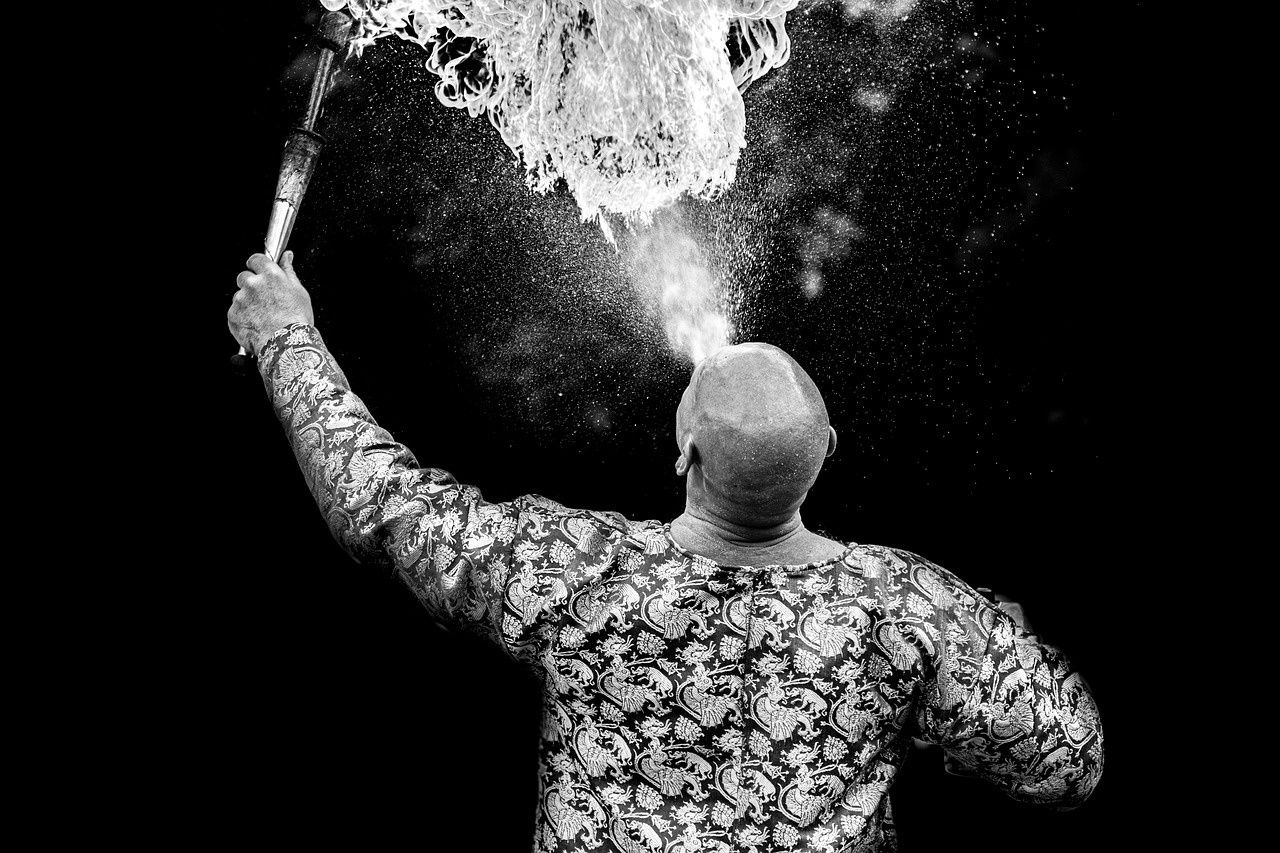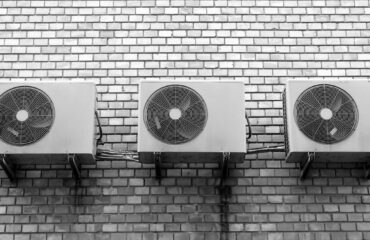The market of festivals and events, especially music events, is constantly developing. However, organizers often face various challenges, especially tax ones. For example, how to settle additional benefits incurred for the benefit of artists participating in these events. These can be, for example, expenses for accommodation, transport, food, sometimes alcohol.
CIT
Pursuant to Article 15(1) of the CIT Act, tax-deductible costs are costs incurred in order to generate revenues from a source of revenue or to maintain or secure a source of revenue, with the exception of the costs listed in Article 16(1) of the CIT Act.
From the perspective of the present facts, it is crucial to determine whether the costs in question are representation costs within the meaning of Article 16(1)(28) of the CIT Act.
According to the author, expenses incurred for accommodation, transport and food can be included in tax-deductible costs, provided that they are closely related to obtaining revenue. Taking into account the nature of the event and the fact that without the participation of artists, the taxpayer will not receive income from the sale of tickets for the event, in our opinion it is reasonable to include these expenses in tax-deductible costs.
The above interpretation is supported by the Director of the National Tax Information of 11 December 2017 (no. 0114-KDIP2-1.4010.300.2017.1.JS) in the individual ruling, in which, in fact, the Applicant organized a medical congress and provided accommodation, food and transport to the invited doctors.
However, expenses on alcohol will be excluded from tax-deductible costs, which are treated as expenses for representation costs, and therefore cannot be included in tax-deductible costs.
Such an interpretation was also confirmed in the individual ruling of the Director of the National Tax Information of 21 December 2023 (no. 0111-KDIB1-1.4010.725.2023.1.BS), in which the applicant organized an event aimed at promoting a new car model and provided alcohol to guests and invited artists as part of the event. In such a factual situation, the tax authorities took a negative position.
VAT
Moving on to the issue of VAT settlement, it should first be pointed out that in accordance with Article 86(1) of the VAT Act, to the extent that goods and services are used to perform taxable activities, the taxpayer referred to in Article 15 is entitled to reduce the amount of tax due by the amount of input tax.
It follows from the above-mentioned provisions of Article 86 of the VAT Act that the right to reduce the amount of tax due by the amount of input tax is granted when the following conditions are met:
· this deduction is made by the taxpayer of the value added tax;
· goods and services on the purchase of which the tax has been charged are used to perform taxable activities, i.e. those which result in the determination of the tax due (incurrence of tax liability);
· the invoice documents the activities taxed with the value added tax on the territory of Polish, i.e. the amount of tax has been indicated on it.
Article 88 of the VAT Act establishes a catalogue of goods and services on which input tax cannot be deducted.
Among them, Article 88(1)(4) of the VAT Act includes the purchase of catering and hotel services. Therefore, input tax cannot be deducted from the purchase of these services.
The aforementioned catalogue does not include catering services, so input tax can be deducted from the purchase of such services.
In the light of the established practice of the authorities, catering services should be understood:
· eating meals outside the place where they are prepared;
· Provision of ready-made or non-ready-made food.
The above is confirmed, for example, by the individual ruling of the Director of the Tax Chamber in Katowice of 19 May 2016 (no. IBPP2/4512-195/16/EK).
At the same time, although the purchase of alcohol did not fall within the scope of application of Article 88 of the VAT Act, in the author’s opinion, there is also no right to deduct input tax, due to the fact that this activity is not related to your business activity, but is only aimed at satisfying the personal needs of the participants.
Such an interpretation is supported, for example, by the individual ruling of the Director of the National Tax Information of 2 June 2023 (No. 0113-KDIPT1-2.4012.222.2023.2.KW).
At the same time, according to the author, it will be possible to deduct input tax on the transport service, because in this case there is a sufficient connection between the provision of transport to the artist and the economic activity of organizing festivals, and in addition, the VAT Act does not include only the deduction of the amount of VAT.
In theory, it is permissible to deduct input tax on comprehensive services, even if they include, for example, hotel services. Nevertheless, such a comprehensive service would have to consist of many different services that should not be artificially separated, as they would not make economic sense on their own.
Undeducted VAT in CIT
Pursuant to Article 16(1)(46)(A) of the CIT Act, the value added tax is not considered a tax-deductible expense, but the input tax is:
· if the taxpayer is exempt from VAT, or has acquired goods and services for the purpose of manufacturing or resale goods or providing services exempt from VAT;
· in the part in which, in accordance with the provisions on value added tax, the taxpayer is not entitled to a reduction in the amount or refund of the difference in value added tax – if the input VAT does not increase the value of the fixed asset or intangible asset.
It follows from the above that if VAT cannot be deducted on the purchase of a given service on the basis of the provisions of the VAT Act, this tax may be included in tax-deductible costs.
Pursuant to Article 88(1)(4) of the VAT Act, input tax on the purchase of catering and hotel services cannot be deducted. Therefore, this tax can be classified as a tax-deductible expense.
Such an interpretation was confirmed, for example, in the individual ruling of the Director of the National Tax Information of 4 March 2022 (no. 0111-KDIB1-2.4010.8.2022.1.MZA).
At the same time, according to the author, it will not be possible to settle the input tax on the purchase of alcohol, because its purchase does not fall within the hypothesis of the two above premises, and thus the input tax on this expense cannot be considered a tax-deductible expense.
PIT
In accordance with Article 11 of the PIT Act, revenues are money and monetary values received or made available to the taxpayer in a calendar year, as well as the value of benefits in kind and other gratuitous benefits received.
The term “gratuitous performance” generally means any legal event and economic phenomenon which results in obtaining an advantage at the expense of another entity, or all those legal and economic events that result in a gratuitous, i.e. unrelated to costs or any other form of equivalent, attribution of property to a given person, having a specific financial dimension. This contribution may consist in increasing the assets or avoiding its decrease (saving expenses).
In accordance with Article 11(2a) of the PIT Act, the monetary value of other gratuitous benefits is determined:
a. If the subject of the supply is services falling within the scope of the business activity of the person providing the service – according to the prices applied to other recipients;
b. If the subject of the services are purchased services – according to the purchase prices;
c. If the subject of the services is the provision of premises or a building – according to the equivalent of the rent that would be due if the lease agreement for that premises or building were concluded;
d. In other cases – on the basis of market prices applied to the provision of services or the provision of goods or rights of the same type and type, taking into account, in particular, their condition and degree of wear and tear, as well as the time and place of making them available.
Therefore, all individual contributions made to the artist may constitute a gratuitous benefit.
In the present case, two situations should be distinguished, in the form of providing additional benefits to artists cooperating on the basis of a contract:
1. Civil law (a fee is paid);
2. B2b or a contract concluded with an agency representing such an artist.
In practice, in principle, contracts are not concluded directly with artists, but with the agencies that represent them. In addition, artists provide services as entrepreneurs by issuing VAT invoices for concerts (optionally, these invoices are issued by agencies).
In the first case, it would be necessary to pay attention to Article 21(1)(16)(B) of the PIT Act, according to which allowances and other receivables for the travel time of a person who is not an employee are exempt from income tax – up to the amount specified in separate acts or in regulations issued by the minister competent for labour matters on the amount and conditions for determining the receivables due to an employee employed in a state or local government unit of the budgetary sphere, on account of a business trip within the territory of the country and abroad, subject to paragraph 13.
However, in order for the benefits in question, up to the amount specified in the above-mentioned Regulation, to benefit from the exemption, the conditions resulting from Article 21(13) of the PIT Act must be met.
According to its content, this provision applies if the benefits received were not included in tax-deductible costs and were incurred:
· in order to generate revenue, or · in order to perform the tasks of organizations and organizational units operating on the basis of the provisions of separate acts, or
· by bodies (offices) of state or local government authority or administration and organisational units subordinate to them or supervised by them, or
· by persons performing civic functions referred to in Article 13(5) in connection with the performance of these functions.
Therefore, after meeting the above conditions, on the basis of the provisions of the Regulation of the Minister of Labour and Social Policy, paying for transport for artists or reimbursement of money for tickets will be exempt from income tax.
At the same time, accommodation in accordance with § 8(1) of the said regulation, for an overnight stay during a domestic trip in a facility providing hotel services, the employee is entitled to reimbursement of costs in the amount stated in the bill, but not higher than twenty times the per diem rate for one hotel night. In justified cases, the employer may agree to the reimbursement of accommodation costs stated in the bill in the amount exceeding the limit referred to in paragraph 1 (paragraph 2 § 8 of the Regulation).
Such an interpretation is supported by the position contained, for example, in the individual ruling of the Director of the National Tax Information of 5 February 2020 (No. 0112-KDIL3-2.4011.448.2019.2.TR, 0112-KDIL3-2.4011.459.2019.1.TR).
At the same time, expenditure on food and alcohol was not included in the scope of application of the above provisions. Thus, theoretically, they may constitute a form of taxable benefit free of charge. Exceptions will be situations when they will not be individualized (e.g. food and alcohol will be available in the form of an open buffet). In such a case, due to the lack of individualization of benefits, beneficiaries will not receive income from gratuitous services. The situation will be different if the artists issue VAT invoices for the services provided or the service is invoiced by an agency that is an intermediary.
In such a case, it is generally the artist or agency in question that should recognize the income from the gratuitous benefits received.
This was confirmed, for example, in the tax ruling of the Director of the National Tax Information of 3 December 2021 (no. 0112-KDWL.4011.156.2021.1.WS).



